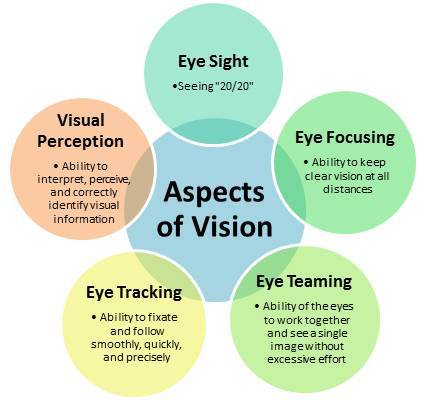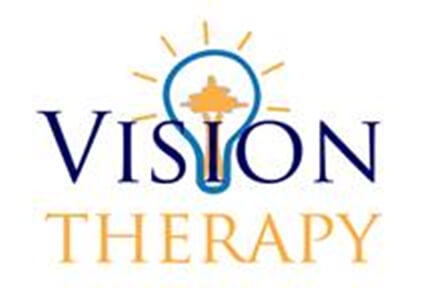
Could my child still have a vision problem even if they see 20/20?
Parents often have a hard time understanding why their child struggles with reading and learning. Their child may have a hard time recalling words, losing their place when they read, confusing letters such as “b’s” for “d’s”, and have poor handwriting, reading comprehension, and spelling abilities. Parents may question whether their child has a learning disability or dyslexia, and choose to approach a pediatrician.
Pediatricians will measure their eyesight using an eye chart and conclude that the child sees 20/20. If their child is having difficulties concentrating or complains of headaches when completing homework, the pediatrician may then diagnose the child with AD(H)D and prescribe psycho-stimulants to assist in concentration problems. However, even with prescribed medication, the symptoms may still persist. This poses the question “Could my child still have a vision problem even if they see 20/20?”
“20/20” eyesight or visual acuity, is the ability to see a certain letter size on the eye chart when standing 20 feet away. It is possible to have “20/20” eyesight, but still have a vision problem. Most daily activities require our eyes to perform more demanding and dynamic functions compared to what is required to read a chart. Eye sight is a very small component of vision, whereas vision takes up 65% of the brain pathways. There are four other aspects of vision that are important in daily activities, like reading and learning

To see if your child’s struggles with school are due to a vision problem, complete the Vision Symptom Checklist.
Symptoms of a vision problem at: Are Your Child’s Eyes Ready For School?
American Academy of Optometry Position Paper: Optometric Care for the Struggling Student
Parents Canada Magazine Article: A Visual Problem May Make It Hard To Read
What should your child do first? Vision therapy or tutoring? According to research, it may be “harmful to teach academic skills to children who have not yet developed the requisite motivational and intellectual foundation.” This is why hours of tutoring do not help children with an underlying vision and visual perceptual problem. Vision therapy rehabilitation may be required first.
We actually see with our brains, not our eyes! Read more about: How do we see?
Read more about the Importance of Doing Daily Home Exercise to Compliment In-Office Training.

